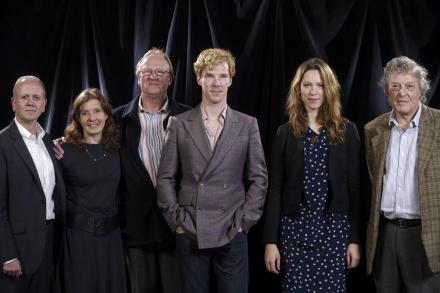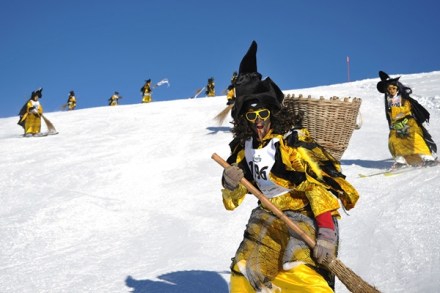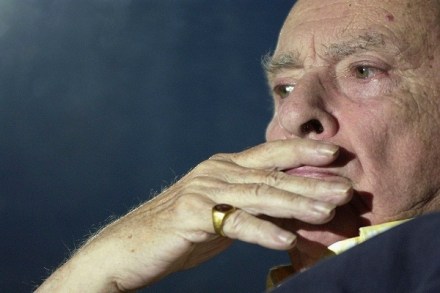F. Scott Fitzgerald’s unfinished business
It’s hard enough convincing people to read finished novels much less unfinished ones — though perhaps our cultural obsession with The Great Gatsby is reason enough to republish F. Scott Fitzgerald’s The Love of the Last Tycoon. The partial manuscript now appears alongside his personal essay The Crack Up in one slim volume. Read the former but discard the latter. I loved Tycoon the first time I read it, though I’m a Fitzgerald addict and was once mistaken for his grandson one summer while drinking champagne at the Trois Couronnes in Vevey. I claim no relation and attribute the mistake to my Puritanical upbringing: that is, my being overdressed and




















